Nothing pains a parent more than seeing their child fall easy prey to infectious diseases. While we do everything we can to take care of our child, a balanced diet can be the best weapon in our arsenal against infections. A healthy and balanced diet helps boost the immune system of a child and helps him fight infections better.
The immune system is the line of barrier that protects us from infection and other foreign invaders like bacteria, viruses, etc. Babies have an immature immune system. That’s why you may notice that babies have higher episodes of infections. Children are more vulnerable to infections as their immune system is still developing.
To maintain a healthy and strong immune system, having fresh food and balanced meals are the keys. Here are a few ways in which you can boost the immunity of your children and keep them safe from infections.
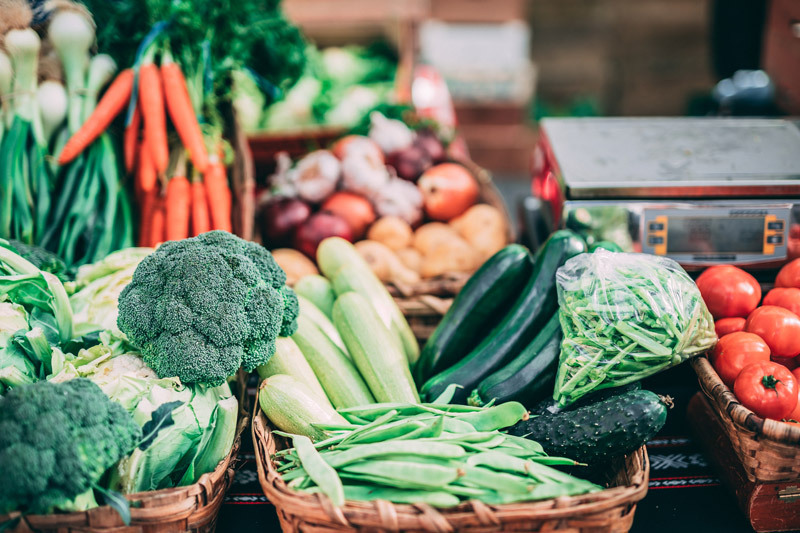
1) Fruits and vegetables to the rescue!
Fruits and vegetables are the powerhouses of antioxidant-rich Phytonutrients. Phytonutrients keep the immune system healthy and strong. Try to include upto five servings of fruits and veggies, such as carrots, green beans, oranges, melons, tomatoes, green leafy vegetables, bell peppers, in your child’s everyday diet. Including them in the child’s day-to-day meals (like beetroot roti, palak rice, mixed vegetable parathas) helps meet their necessary nutritional requirement and keeps them healthy.
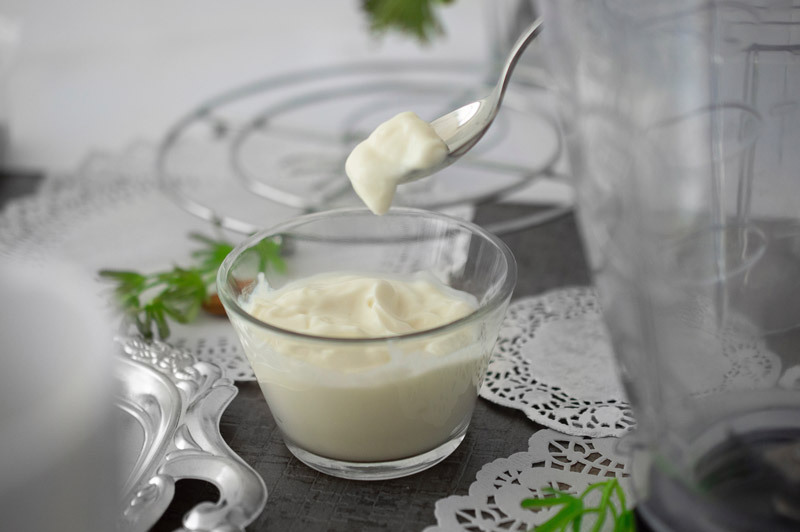
2) Stay healthy with good bacteria:
Yogurt, traditional buttermilk, onions, garlic, banana, barley, oats, flax seeds are excellent sources of probiotics and prebiotics.
Digestive health has a huge impact on nearly every important function in our body, including our immune system. Some of the most important players in gut health include probiotics (the good bacteria) and prebiotics (nutrients that good bacteria feeds on) as they show several positive effects such as stronger immune response to diseases, anticancer and anti-inflammatory properties.
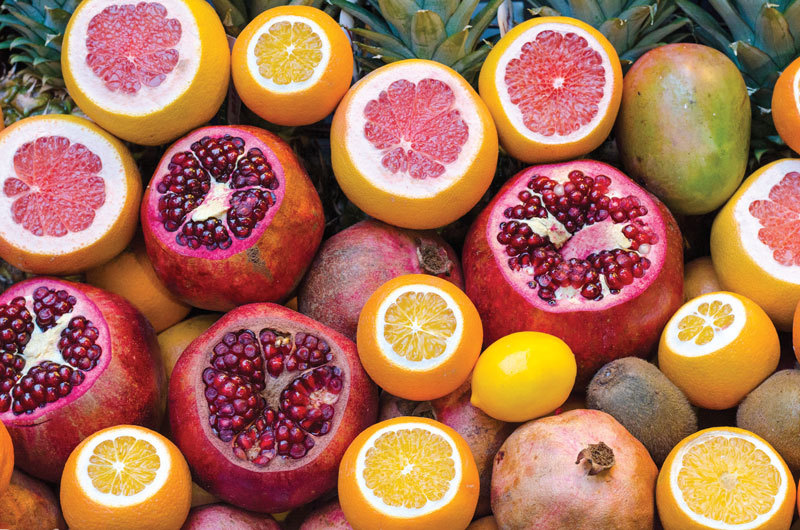
3) Flu fighters – A tangy twist:
Citrus fruits are rich in protective antioxidants like vitamin C that help protect cells and assist healing. Protective antioxidants support your immune system and make you less vulnerable to illness. Oranges, lemons, limes, grapefruits, and tangerines are your most loyal flu fighters.
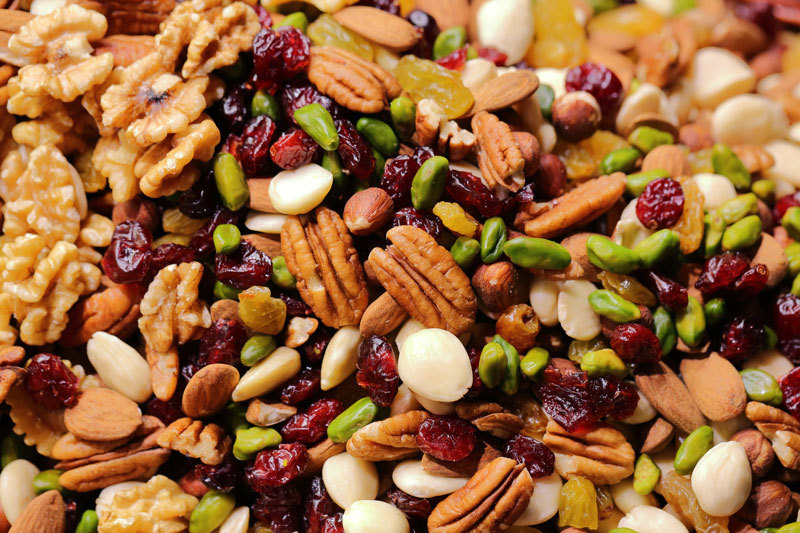
4) Go nuts!
Not only are nuts and oilseeds a rich source of Omega-3, but they also have other important nutrients like Vitamin A & E. These nutrients are powerful antioxidants that reduce the risk of inflammation and protect your body from cell damage.
A handful of almonds and walnuts and about a tbsp of mixed oil seeds like sunflower seeds, pumpkin seeds, sesame seeds (til seeds) can be included in your child’s daily diet. You can lightly toast them and have them between meals, add them to a salad, or blend them into nut butter.
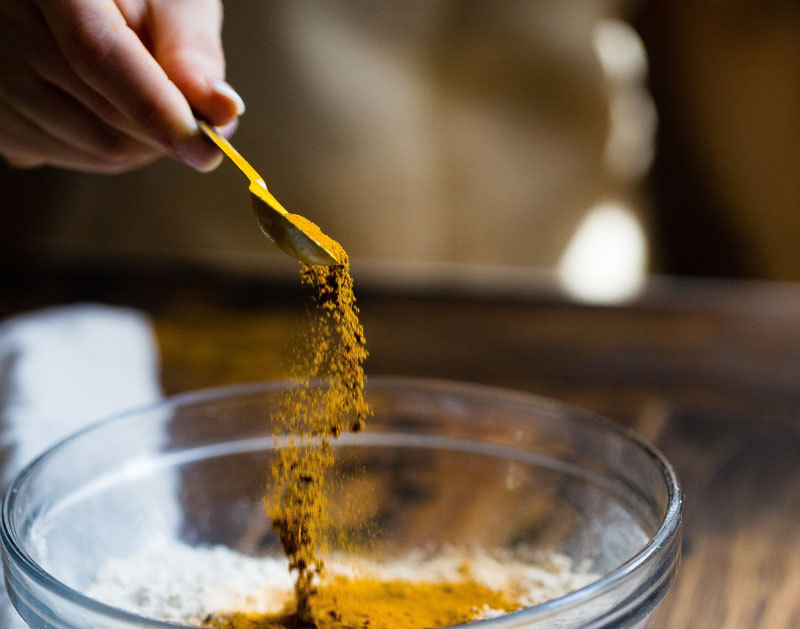
5) Turmeric for better immunity:
Turmeric or ‘Haldi’ is well known for its anti-microbial and anti-inflammatory properties. Turmeric can be added to your child’s diet as ‘haldi milk’ (golden milk) apart from the usual day-to-day preparations. This healthy spice will definitely strengthen your child’s immunity.
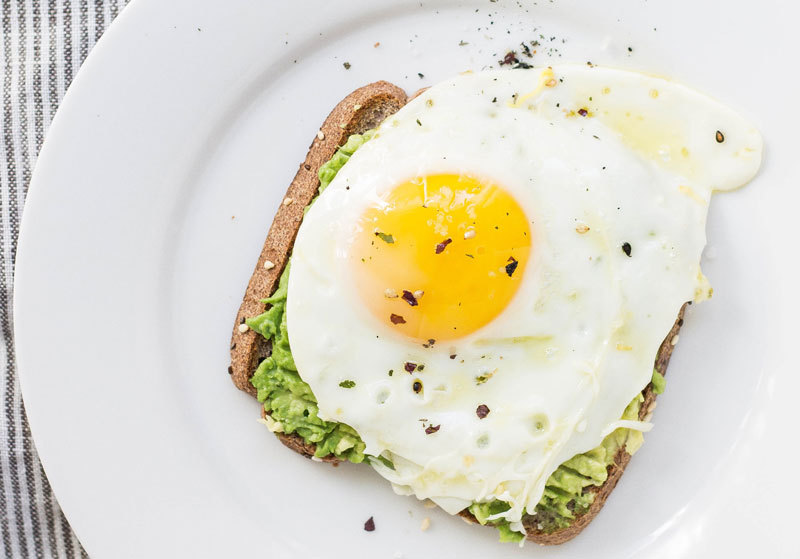
6) Here comes the sun, it’s alright:
Sunlight is an excellent source of Vitamin D, a mineral that helps the functioning of infection-fighting T-cells in the body. Other sources of Vitamin D include milk and milk products, fortified breakfast cereals, egg, cheese, mushroom. These can also be added to your child’s diet to keep him healthy and chirpy.
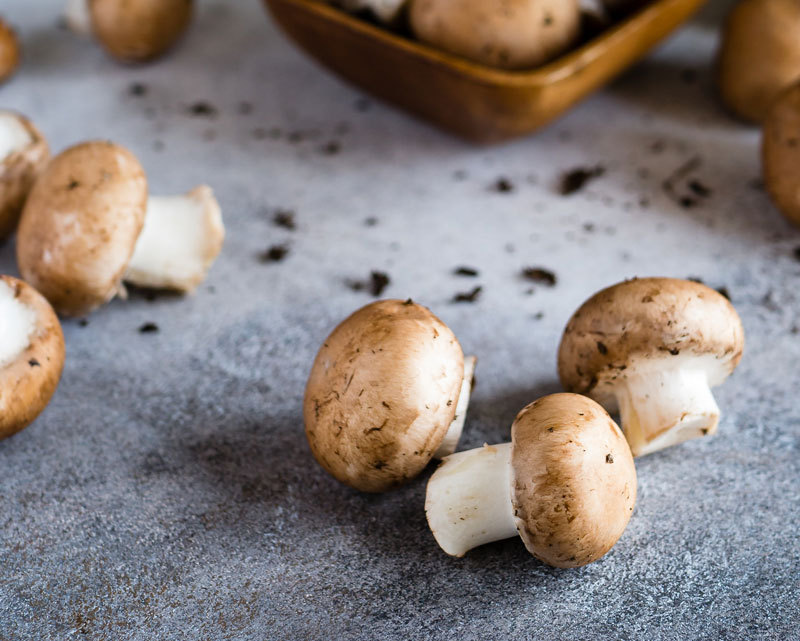
7) Make room for a mushroom:
Mushrooms are a major source of the immune system boosting mineral—zinc. Zinc helps in the production of white blood cells to fight infections and improves immunity in kids. Mushrooms help in fighting the common cold, flu, and other infections. Different types of mushrooms have varying antibacterial, antiviral and anti-tumour effects.

8) Sleep like a baby:
Sleep is very important for your child. Lack of sleep can weaken his immune system and make him more vulnerable to illness. This is especially true for kids who visit day-care centres and indulge in back-to-back activities, leaving them with very little time to nap.
Well, how much sleep do kids need?
| Age group | Sleeping hours |
| Infant | Up to 16 hours |
| Toddlers | 11-14 hours |
| Pre-schoolers | 10-13 hours |
If your child faces trouble sleeping, try putting them to bed earlier.

9) Prevention is better than cure:
Keeping germs at bay is the best way to reduce stress on a child’s immune system. Especially with the kid being exposed to different environments every day. Making a habit of washing hands before and after a meal can keep a child safe from many infections. Other good practices include washing hands after coming back from school, playgrounds and the bathroom. Here’s a quick tip to encourage your children: Try using antiseptic soaps in different shapes or colours and keeping playful hand towels that have your child’s favourite cartoon character on them. This will get their attention.
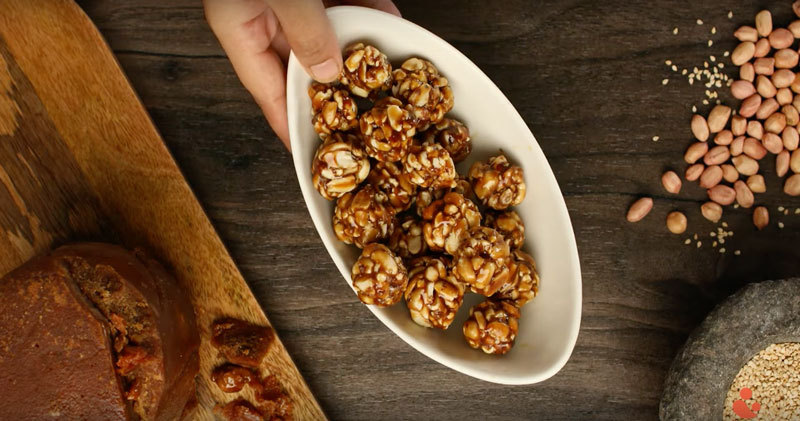
10) Dry fruits energy ladoo:
These ladoos are energy-rich, high in protein content and loaded with good fats. Along with its vital role in growth and development, good fats are essential for the functioning of the nervous system and brain development.
INGREDIENTS
- 1/2 cup jaggery powder / grated jaggery
- 2 tablespoon dry ginger powder
- 1 tablespoon turmeric powder
- 3 tablespoons of almond
- 2 tablespoon cashew nuts
- ½ cup of dry dates powder 1/3 cup ghee
METHOD
- Firstly, begin to roast almonds, cashew nuts and dry dates in a pan till they turn brown
- Grind the above to a coarse mixture and keep it separately in a bowl
- Add in the other dry ingredients
- Add melted ghee slowly to the dry mix
- Mix everything with your fingers to make a dough that’s wet enough to bind together
- Pinch out a bit of dough and roll to make a small ball – about the size of a marble
- Make more balls of the same size till all the dough is used up
- Store the balls in an airtight container. The balls remain good at room temperature for 10 days
While it’s not practical to think that we protect our children from100% of illnesses, having a healthy immune system is an important part of boosting their natural defences and keeping them safe from most infections. Following these practices can help your child be much safer and healthier.
Written By
Manasi K. Dichvalkar
Pediatric Oncology Nutritionist
Cuddles Foundation, Mumbai





